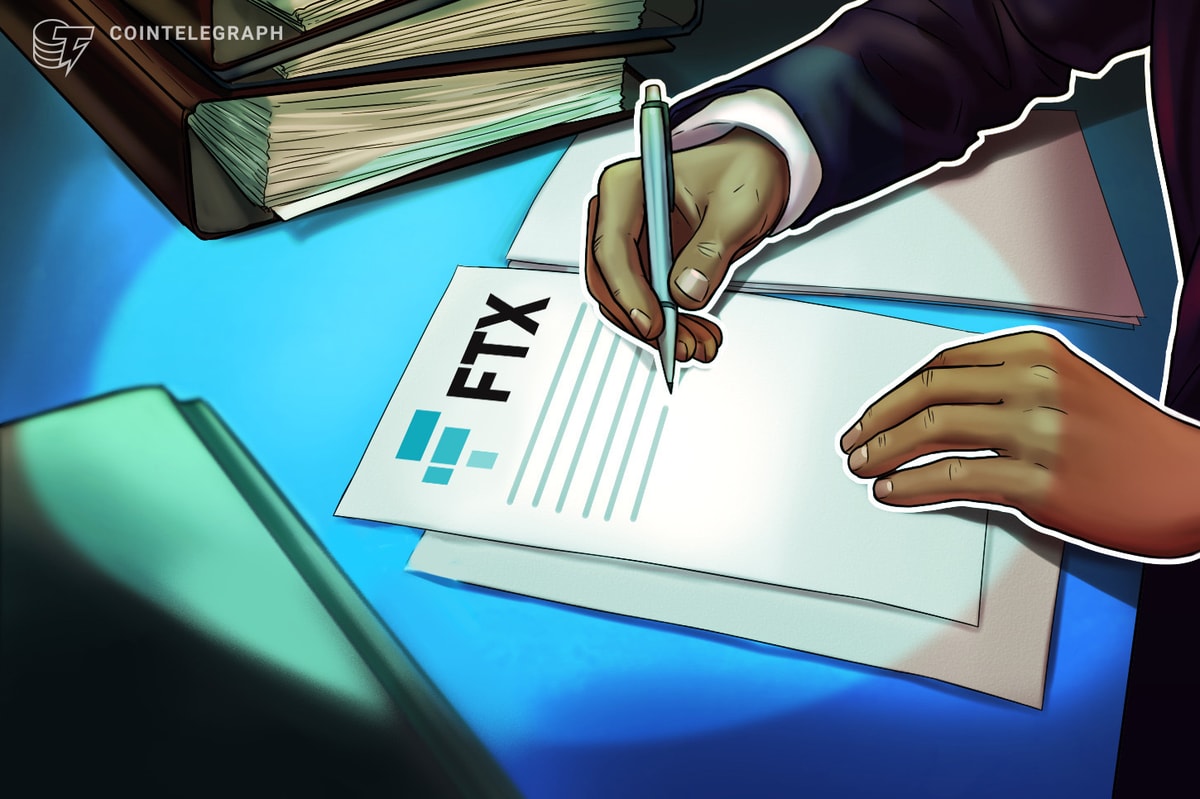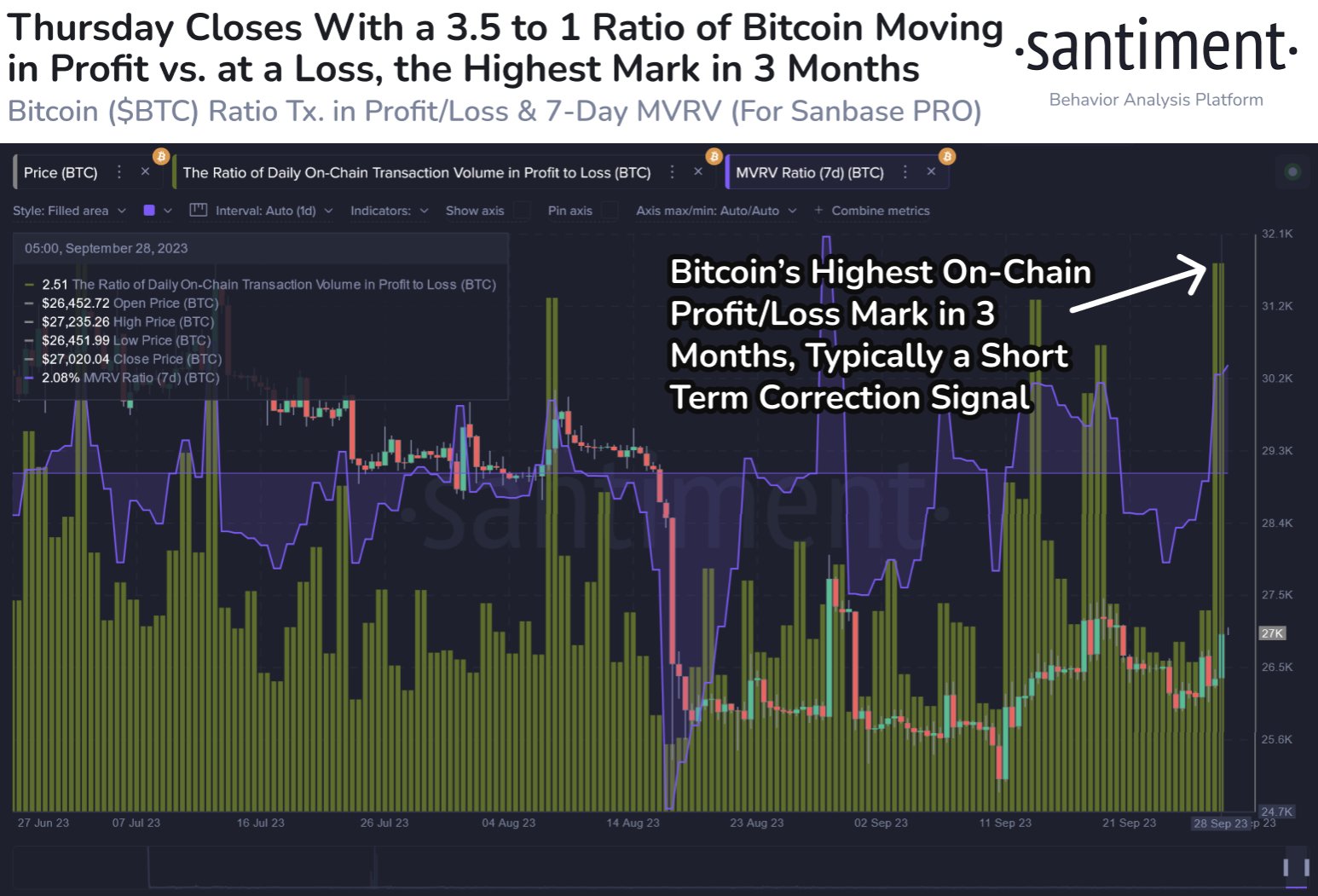The current
volatility in the bitcoin market has many investors and industry experts
questioning the interconnection of big players. Among the most pressing
concerns is the fate of FTX, a popular bitcoin exchange site in recent years.
While the reasons behind FTX’s problems are complex, some are accusing Binance,
another crypto exchange behemoth, of playing a role in the company’s problems.
Understanding
the Rise and Fall of FTX
FTX, launched
in 2017 by Sam Bankman-Fried and Gary Wang, immediately established a
reputation for its unique features, broad product offerings, and steadfast
devotion to compliance and regulatory requirements. The exchange made huge
inroads into the cryptocurrency industry, establishing itself as a formidable
rival to Binance, which has long maintained the top spot.
Strategic
alliances, high-profile sponsorships, and a user-friendly interface aided FTX’s
spectacular rise, attracting both retail and institutional investors. Its
innovation did not end with trading pairs; the platform also launched novel
features like as tokenized stocks and prediction markets. FTT, the exchange’s
native cryptocurrency, gained traction and became an important component of its
ecosystem.
However, FTX
suffered a series of setbacks in the first half of 2023, causing its stability
to be shaken. FTX’s problems were exacerbated by a dramatic decline in trading
volumes, regulatory inquiries in many jurisdictions, and the resignation of
senior executives. The value of the exchange’s native cryptocurrency, FTT, has
plummeted, leaving investors apprehensive about the future.
The Binance
Aspect
As FTX faced
these issues, industry observers couldn’t help but draw parallels with Binance,
the largest cryptocurrency exchange by trading volume. Binance has been a strong
player in the cryptocurrency space for years, led by CEO Changpeng Zhao (CZ).
However, it, too, was subjected to regulatory scrutiny and a slew of obstacles
in the same timeframe as FTX.
Some opponents
and doubters claim that Binance’s troubles may have contributed to FTX’s
problems indirectly. This hypothesis holds that when a market leader, such as
Binance, suffers regulatory concerns or poor press, it can cause a ripple
effect throughout the cryptocurrency industry, impacting investor mood and market
dynamics.
Furthermore,
Binance’s capacity to quickly adapt and provide new features and products may
have created pressure on FTX to stay up, potentially diverting resources and
attention away from fixing internal difficulties.
Unraveling
the Cryptocurrency Domino Effect
FTX, once the
world’s second-largest cryptocurrency exchange by trading volume, found itself
on the brink of bankruptcy in a matter of days. This sudden plummet from
stability to financial crisis exposes the inherent fragility of the
cryptocurrency market. As the crypto community grapples with this shocking turn
of events, fingers are pointing, and one name keeps resurfacing in the blame
game – Changpeng
“CZ” Zhao.
The tumultuous
sequence of events began when CZ, the CEO of Binance, publicly announced
Binance’s intention to sell its FTT holdings, the native token of the FTX
exchange. The aftermath was a whirlwind of chaos, culminating in FTX filing for
bankruptcy. The million-dollar question looms: Can CZ be held accountable for
this catastrophic outcome?
At first
glance, it appears as if CZ might have instigated a bank run on FTX, especially
considering the public spat between the two on Twitter. Yet, a closer look
suggests that CZ might have merely expedited an inevitable catastrophe.
FTX was not in
a stable financial condition, with a gaping $9 billion deficit. The exchange
was teetering on the brink due to red flags, such as Sam Bankman-Fried’s
desperate attempts to secure more funds for the platform and Alameda Research’s
financial hemorrhaging.
CZ’s decision
to sell FTT tokens presented a Catch-22. Quietly selling the tokens would
likely have led to public discovery, and Binance would be accused of discreetly
dumping on unsuspecting retail investors. Openly selling the tokens, as CZ
chose to do, was akin to delivering the final blow to an already ailing FTX. In
essence, CZ was caught between a rock and a hard place.
The
Regulatory Catch-22
The increased
regulatory scrutiny that bitcoin exchanges have experienced globally is one of
the primary factors contributing to FTX’s issues. Various governments and
financial watchdogs have increased their control of crypto trading platforms in
order to ensure compliance with anti-money laundering (AML) and
know-your-customer (KYC) requirements.
Binance, as the
largest exchange, drew significant regulatory scrutiny. Several countries,
notably the US, the UK, and Japan, have taken efforts to address the platform’s
activity within their borders. As a result of these steps, Binance has
announced adjustments to its services, including the discontinuation of trading
of tokenized equities and the reduction of leverage on futures trading.
Binance’s
regulatory issues prompted investor fears, which may have had an indirect
impact on FTX. As regulators studied the cryptocurrency industry, market
sentiment became more apprehensive. This prudence may have caused investors to
reassess their positions not only in Binance, but also in other large exchanges
such as FTX.
Market
Attitudes and Trust
The bitcoin
market is extremely vulnerable to sentiment and trust. It thrives on trust in
the stability and authenticity of the platforms and tokens that comprise it.
When industry leaders such as Binance and FTX experience regulatory or
operational issues, this trust might diminish, leading to higher market
volatility.
Because of the
possible hazards involved with these platforms, investors may withdraw cash or
decrease their trading activity. As a result, the financial health and
stability of the exchanges may suffer.
It is crucial
to note, however, that attributing FTX’s difficulties exclusively to Binance’s
difficulties would be an oversimplification of an extremely complex and nuanced
scenario. Both exchanges have distinct challenges and employ distinct
techniques for negotiating the regulatory landscape.
Internal
Issues at FTX
While external
variables such as legislative developments and market mood played a role in
FTX’s struggles, it’s also important to recognise the exchange’s internal
issues. These difficulties, which range from leadership changes to the need to
adjust to changing regulatory requirements, are inherent in any fast developing
organization.
FTX’s founders
and executive team have been open about the need to rectify these issues, and
they have reaffirmed their commitment to the platform’s integrity and
compliance. They have also stated their commitment to working together with
regulators to safeguard the exchange’s long-term viability.
Conclusion:
A Complicated Interaction
The interplay
of elements contributing to the success or failure of exchanges like FTX and
Binance is complex in the cryptocurrency business, where innovation and
disruption are the norm. While external factors such as regulatory monitoring
and market sentiment are important, it is critical not to oversimplify the
matter by blaming one exchange for the problems of another.
Both FTX and
Binance are navigating a fast changing landscape, and their fortunes are
closely related to the overall durability and adaptability of the
cryptocurrency market. It remains to be seen how these conversations will
weather the storm and emerge stronger from the difficulties they are currently
facing.
As the
cryptocurrency sector evolves, all participants, including investors, regulators,
and industry leaders, must actively monitor events and collaborate to establish
a more stable and secure environment for cryptocurrency trading and investment.
The fate of FTX and Binance, as well as the broader crypto market, will most
likely be determined by how well they address both external and internal
pressures in the coming months and years.
The current
volatility in the bitcoin market has many investors and industry experts
questioning the interconnection of big players. Among the most pressing
concerns is the fate of FTX, a popular bitcoin exchange site in recent years.
While the reasons behind FTX’s problems are complex, some are accusing Binance,
another crypto exchange behemoth, of playing a role in the company’s problems.
Understanding
the Rise and Fall of FTX
FTX, launched
in 2017 by Sam Bankman-Fried and Gary Wang, immediately established a
reputation for its unique features, broad product offerings, and steadfast
devotion to compliance and regulatory requirements. The exchange made huge
inroads into the cryptocurrency industry, establishing itself as a formidable
rival to Binance, which has long maintained the top spot.
Strategic
alliances, high-profile sponsorships, and a user-friendly interface aided FTX’s
spectacular rise, attracting both retail and institutional investors. Its
innovation did not end with trading pairs; the platform also launched novel
features like as tokenized stocks and prediction markets. FTT, the exchange’s
native cryptocurrency, gained traction and became an important component of its
ecosystem.
However, FTX
suffered a series of setbacks in the first half of 2023, causing its stability
to be shaken. FTX’s problems were exacerbated by a dramatic decline in trading
volumes, regulatory inquiries in many jurisdictions, and the resignation of
senior executives. The value of the exchange’s native cryptocurrency, FTT, has
plummeted, leaving investors apprehensive about the future.
The Binance
Aspect
As FTX faced
these issues, industry observers couldn’t help but draw parallels with Binance,
the largest cryptocurrency exchange by trading volume. Binance has been a strong
player in the cryptocurrency space for years, led by CEO Changpeng Zhao (CZ).
However, it, too, was subjected to regulatory scrutiny and a slew of obstacles
in the same timeframe as FTX.
Some opponents
and doubters claim that Binance’s troubles may have contributed to FTX’s
problems indirectly. This hypothesis holds that when a market leader, such as
Binance, suffers regulatory concerns or poor press, it can cause a ripple
effect throughout the cryptocurrency industry, impacting investor mood and market
dynamics.
Furthermore,
Binance’s capacity to quickly adapt and provide new features and products may
have created pressure on FTX to stay up, potentially diverting resources and
attention away from fixing internal difficulties.
Unraveling
the Cryptocurrency Domino Effect
FTX, once the
world’s second-largest cryptocurrency exchange by trading volume, found itself
on the brink of bankruptcy in a matter of days. This sudden plummet from
stability to financial crisis exposes the inherent fragility of the
cryptocurrency market. As the crypto community grapples with this shocking turn
of events, fingers are pointing, and one name keeps resurfacing in the blame
game – Changpeng
“CZ” Zhao.
The tumultuous
sequence of events began when CZ, the CEO of Binance, publicly announced
Binance’s intention to sell its FTT holdings, the native token of the FTX
exchange. The aftermath was a whirlwind of chaos, culminating in FTX filing for
bankruptcy. The million-dollar question looms: Can CZ be held accountable for
this catastrophic outcome?
At first
glance, it appears as if CZ might have instigated a bank run on FTX, especially
considering the public spat between the two on Twitter. Yet, a closer look
suggests that CZ might have merely expedited an inevitable catastrophe.
FTX was not in
a stable financial condition, with a gaping $9 billion deficit. The exchange
was teetering on the brink due to red flags, such as Sam Bankman-Fried’s
desperate attempts to secure more funds for the platform and Alameda Research’s
financial hemorrhaging.
CZ’s decision
to sell FTT tokens presented a Catch-22. Quietly selling the tokens would
likely have led to public discovery, and Binance would be accused of discreetly
dumping on unsuspecting retail investors. Openly selling the tokens, as CZ
chose to do, was akin to delivering the final blow to an already ailing FTX. In
essence, CZ was caught between a rock and a hard place.
The
Regulatory Catch-22
The increased
regulatory scrutiny that bitcoin exchanges have experienced globally is one of
the primary factors contributing to FTX’s issues. Various governments and
financial watchdogs have increased their control of crypto trading platforms in
order to ensure compliance with anti-money laundering (AML) and
know-your-customer (KYC) requirements.
Binance, as the
largest exchange, drew significant regulatory scrutiny. Several countries,
notably the US, the UK, and Japan, have taken efforts to address the platform’s
activity within their borders. As a result of these steps, Binance has
announced adjustments to its services, including the discontinuation of trading
of tokenized equities and the reduction of leverage on futures trading.
Binance’s
regulatory issues prompted investor fears, which may have had an indirect
impact on FTX. As regulators studied the cryptocurrency industry, market
sentiment became more apprehensive. This prudence may have caused investors to
reassess their positions not only in Binance, but also in other large exchanges
such as FTX.
Market
Attitudes and Trust
The bitcoin
market is extremely vulnerable to sentiment and trust. It thrives on trust in
the stability and authenticity of the platforms and tokens that comprise it.
When industry leaders such as Binance and FTX experience regulatory or
operational issues, this trust might diminish, leading to higher market
volatility.
Because of the
possible hazards involved with these platforms, investors may withdraw cash or
decrease their trading activity. As a result, the financial health and
stability of the exchanges may suffer.
It is crucial
to note, however, that attributing FTX’s difficulties exclusively to Binance’s
difficulties would be an oversimplification of an extremely complex and nuanced
scenario. Both exchanges have distinct challenges and employ distinct
techniques for negotiating the regulatory landscape.
Internal
Issues at FTX
While external
variables such as legislative developments and market mood played a role in
FTX’s struggles, it’s also important to recognise the exchange’s internal
issues. These difficulties, which range from leadership changes to the need to
adjust to changing regulatory requirements, are inherent in any fast developing
organization.
FTX’s founders
and executive team have been open about the need to rectify these issues, and
they have reaffirmed their commitment to the platform’s integrity and
compliance. They have also stated their commitment to working together with
regulators to safeguard the exchange’s long-term viability.
Conclusion:
A Complicated Interaction
The interplay
of elements contributing to the success or failure of exchanges like FTX and
Binance is complex in the cryptocurrency business, where innovation and
disruption are the norm. While external factors such as regulatory monitoring
and market sentiment are important, it is critical not to oversimplify the
matter by blaming one exchange for the problems of another.
Both FTX and
Binance are navigating a fast changing landscape, and their fortunes are
closely related to the overall durability and adaptability of the
cryptocurrency market. It remains to be seen how these conversations will
weather the storm and emerge stronger from the difficulties they are currently
facing.
As the
cryptocurrency sector evolves, all participants, including investors, regulators,
and industry leaders, must actively monitor events and collaborate to establish
a more stable and secure environment for cryptocurrency trading and investment.
The fate of FTX and Binance, as well as the broader crypto market, will most
likely be determined by how well they address both external and internal
pressures in the coming months and years.
















